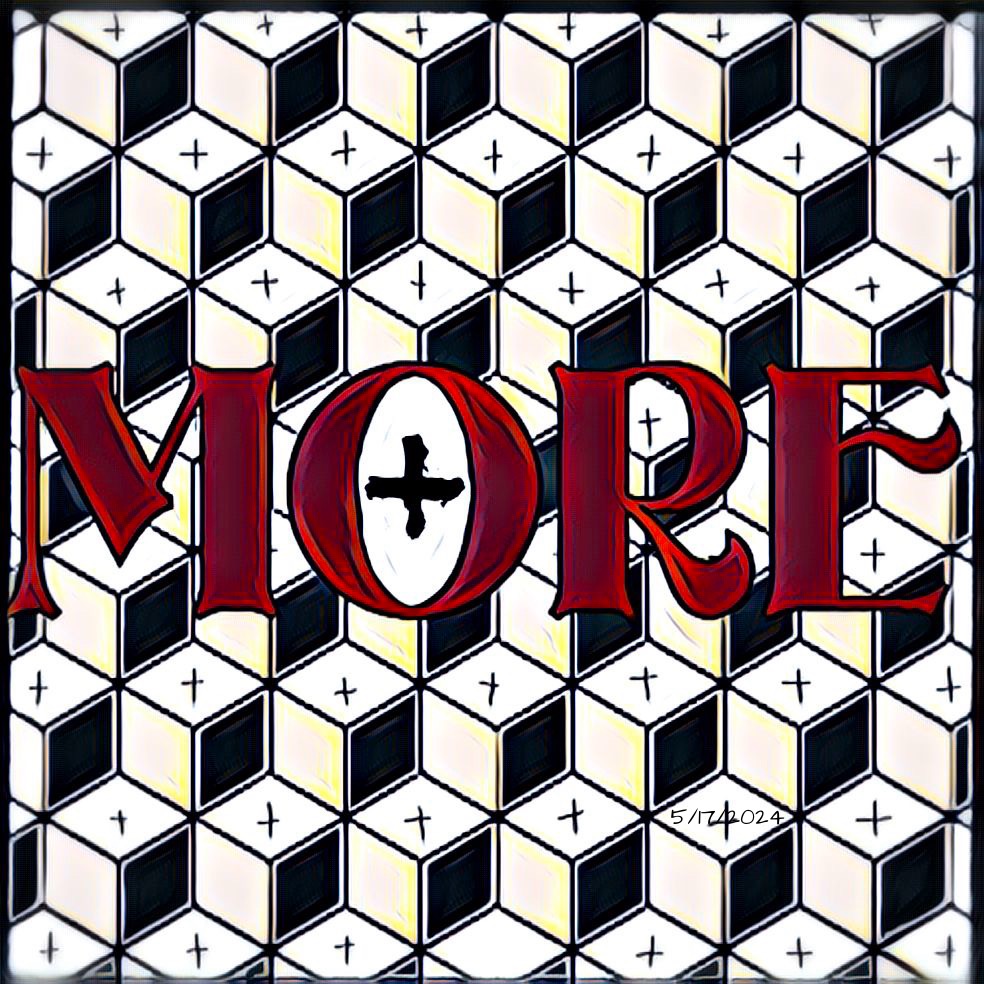Friday of the Seventh Week of Easter
May 17, 2024
Today’s Readings:
https://bible.usccb.org/bible/readings/051724.cfm

After Jesus had revealed himself to his disciples
and eaten breakfast with them,
he said to Simon Peter,
“Simon, son of John, do you love me more than these?”
Simon Peter answered him, “Yes, Lord, you know that I love you.”
Jesus said to him, “Feed my lambs.”
John 21:15
Perhaps we have spoken or heard these questions as we move through our heart’s life:
- Do you love me?
- How much do you love me?
- Will you always love me?
- Do you still love me?
But true love is immeasurable. It has shades and intensities, but it doesn’t have limits. True love is all; it’s everything – fidelity, forgiveness, delight, hope, chaos, perseverance, sacrifice, joy and generosity.
Jesus knows Peter possesses all these commitments to Him. But He is asking Peter to test himself before Peter is called to take Christ’s place on earth.
The only “more” that ever touched human love was when Jesus took our flesh to live, die, and rise for all of us. Jesus wants to hear Peter say he has that kind of sacrificial Love.
Today, in God’s Lavish Mercy:
Jesus knows us too, and how we want to love him well; how we may want to love him “more”. Let’s talk with him about that in our prayer today, asking to not let our chances for loving God slip by without our notice.
Poetry: This Paltry Love – Jessica Powers
I love you, God, with a penny match of love
that I strike when the big and bullying dark of need
chases my startled sunset over the hills
and in the walls of my house small terrors move.
It is the sight of this paltry love that fills
my deepest pits with seething purgatory,
that thus I love you, God—God—who would sow
my heights and depths with recklessness of glory,
who hold back light-oceans straining to spill on me, on me,
stifling here in the dungeon of my ill.
This puny spark I scorn, I who had dreamed
of fire that would race to land’s end, shouting your worth,
of sun that would fall to earth with a mortal wound
and rise and run, streaming with light like blood,
splattering the sky,
soaking the ocean itself, and all the earth.
Music: If I Love You – Rodgers and Hammerstein










